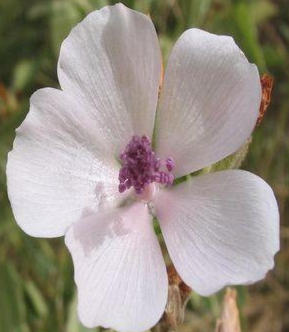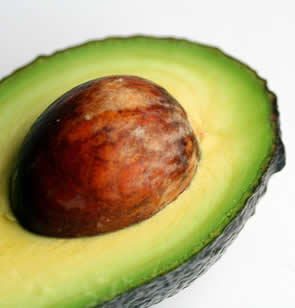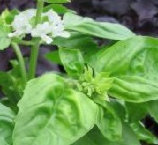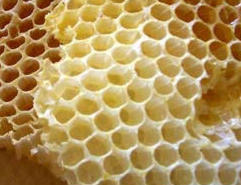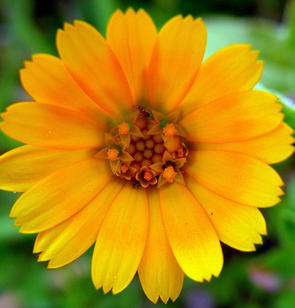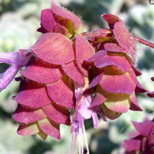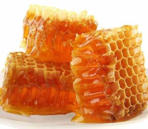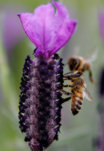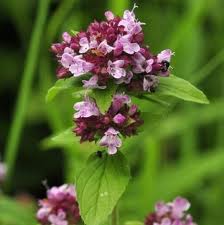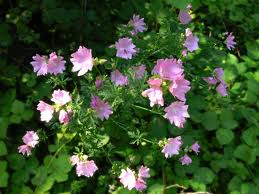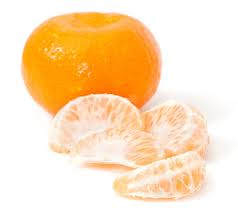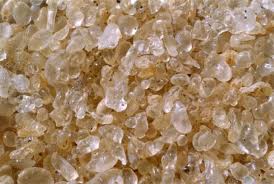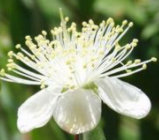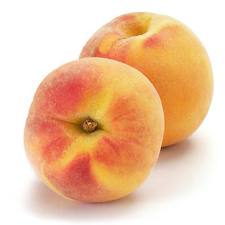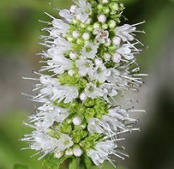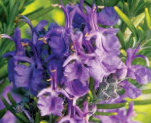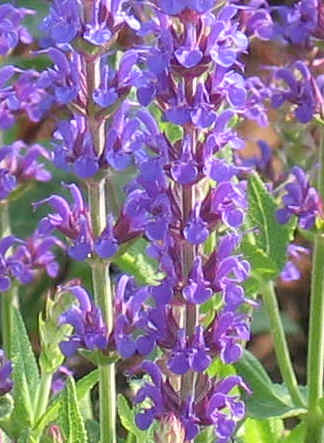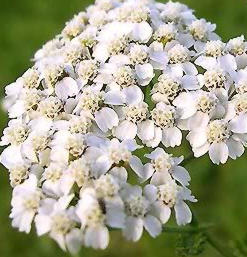
Thyme (Thymus Vulgaris)
Thyme is a low growing herbaceous plant, sometimes becoming somewhat woody, native to southern Europe. Mythology and History The name Thyme was given by the Greeks as a derivative of the word thumus, signifying courage. They used it in their baths and burnt it as incense in their temples, believing it was a source of psychical strength. |
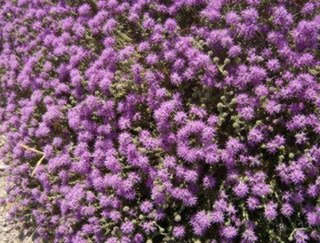 |
According to legend, Thyme was born from the tears of Helen of Troy. In ancient Greece, a person 'said to smell of thyme' meant someone of admirable style, activity, and energy.
Thyme tea was used to alleviate coughs and loosen phlegm. Thyme honey was added into other expectorant herbal teas for its medicinal properties and as a sweetener.
Thyme was used by Greek women as an unguent. An unguent is similar to an ointment but less viscous and oilier. It was used for rashes, sunburns, abrasions and other skin conditions. Essential oil of Thyme was added to base oil and used as an invigorating massage oil to improve blood circulation.
Health Benefits & Modern Medicinal uses
The essential oil of Thyme contains a powerful disinfectant called Thymol, found to be very effective against bacteria and fungi, for both internal and external use; this is the main active ingredient in various mouthwashes and can also be found as the active ingredient in some all-natural, alcohol-free hand and body sanitizers.
Thyme also contains a variety of flavonoids, which increase thyme's antioxidant capacity, and combined with its status as a very good source of manganese, give thyme a high standing on the list of anti-oxidant foods.
All the members of the mint family, including thyme, possess terpenoids which are recognized for their cancer preventive properties.
The herb is also a rich source of many important vitamins such as B-complex vitamins, beta carotene, vitamin A, vitamin K, vitamin E, vitamin C and folic acid.
The antiseptic property of thyme is also used for curing conjunctivitis, pink eyes. It’s also used as an expectorant, as it can cure coughs, sore throat, cold and whopping cough. It is useful in treating bronchitis and asthma. Thyme also aids digestions, so is used for curing gastroenteris.
Both alcoholic and aqueous extracts of Thymus vulgaris are well noted for their antiseptic, toning and antioxidant properties and are often added to other preparations to treat acne, flaky scalp and thinning hair.
It is often used to invigorate and stimulate hair growth and to help treat dandruff and hair loss.
Thyme oil also works well as an astringent and is a good choice if you have acne or oily skin and its cleaning action helps remove the oil and buildup that leads to acne. The antibacterial property also helps kill any bacteria which may infect your skin and can be used to treat scabies, lice, and thrush.
Links:

